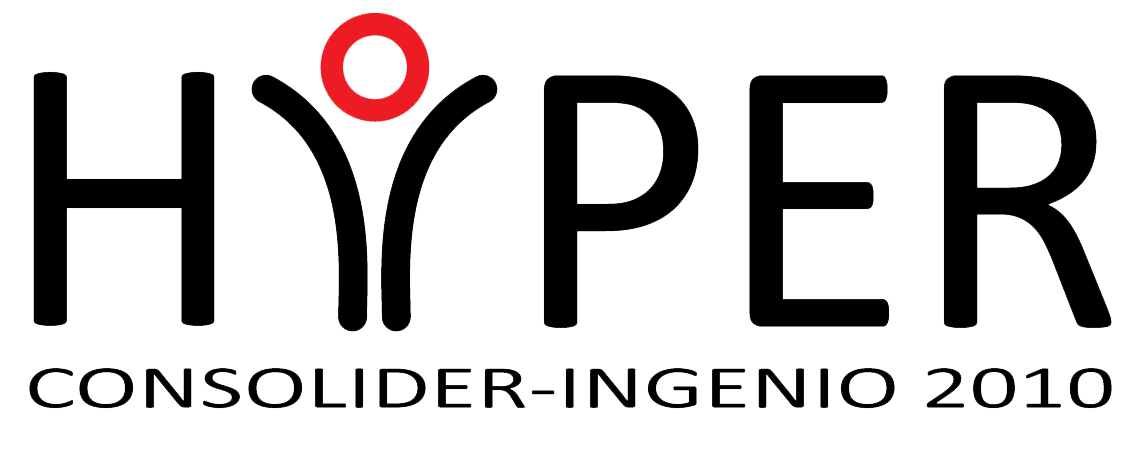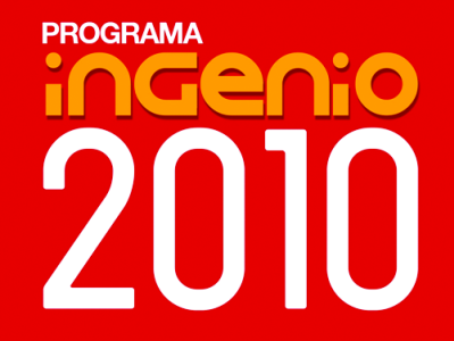Baiona (Spain), 14-19 September, 2014
WS3 - Functional Electrical Stimulation
FUNCTIONAL ELECTRICAL STIMULATION (FES) uses electrical impulses to invoke motor functions in the body whose voluntary control has been lost through nervous system impairment (e.g. after spinal cord injury or stroke). For this purposes, the electrical impulses are applied to peripheral nerves that control specific muscles or muscle groups, ideally via surface electrodes placed on the skin. The present hands-on workshop will allow students from engineering and clinical areas to understand the principles of this technology and to apply it on human subjects. Students will participate actively along the workshop. They will work together in small groups and get the chance to experience the potential and limits of electrical muscle stimulation from a first-person perspective.
Organizers
Thierry Keller , Tecnalia, Spain Thierry Keller received his Dipl. Ing. degree in electrical engineering (M.Sc.E.E.) and his Doctorate (Dr. sc. Techn.) from the ETH Zurich, Switzerland in 1995 and 2001, respectively. Currently, Dr. Keller is the head of the Rehabilitation Department in Tecnalia Research & Innovation, the largest private research center in Spain. Main activities of the Rehabilitation Department are in rehabilitation and prevention, on innovation and development of novel enabling technologies for rehabilitation robotics, tele-rehabilitation, technologies for physical and cognitive prevention, and neuroprostheses. Dr. Keller is principal investigator in national and international projects and coordinator of the EU COST action TD1006: European Network on Robotics for Neurorehabilitation. Dr. Keller is the President of the International Functional Electrical Stimulation Society (IFESS), and member of the steering committee of the International Industry Society of Advanced Rehabilitation Technologies (IISART).
Eukene Imatz Tecnalia, Spain Eukene Imatz received her undergraduate degree in Industrial Automatics and Electronics Engineering from Deusto University (Spain), and her master's degree in Computing Engineering and Artificial Intelligence from University of the Basque Country (Spain). She is currently pursuing her Ph.D. on Functional Electrical Stimulation (FES) control for improved grasping at the Health Division of Tecnalia Research & Innovation together with the Intelligent Control Research Group from University of the Basque Country. Her primary research interests are in neurorehabilitation technology, robotics and intelligent control.
Miloš Kostic, Tecnalia, Spain Dr Miloš Kostic received his undergraduate degree, master's degree and the Ph.D. in Electrical Engineering from University of Belgrade, Serbia. He specialized in neurorehabilitation technologies, while the focus of his Ph.D. research was rehabilitation robotics. He is currently a researcher at the Health Division of Tecnalia Research & Innovation, Spain. His primary research interests are in neuorehabilitation technology, functional electrical stimulation and quantitative sensorimotor assessment.
Goals
The goal of the workshop is to teach the latest knowledge on FES with a strong focus on transcutaneous FES applications. Hands-on practical application of FES will let the participants experience the features and constraints of FES. The participant will learn from theoretical and practical insights the potential of new FES array technologies. In a group competition the participants will be able to demonstrate how selective arm and hand muscles can be activated to generate functional grasps.
Speakers
See above, same as organizers
Number of hours
Total 9 hours: 4,5 hours theoretical lessons & 4,5 hours practical hands-on exercises
Program
| Sept 15 | Sept 16 | Sept 18 | |
| 15.00-16.30 | General Introduction to functional electrical stimulation and transcutaneous FES array systems | Lower extremity FES, Theory and Applications | Upper extremity FES, Current Applications and new FES array technologies, implications on selectivity, perception and performance |
| 16.30-17.00 | Coffee break | ||
| 17.00-18.30 | Hands on: FES stimulation parametzers, afferent and efferent Stimuation | Hands on: Stimulation of lower extremities, Muscle activation through efferent nerves and reflexes | Hands on: Hand grasp using FES arrays, Group competition on functional grasps |
Expected audience
Engineering and/or clinical profile.
Previous knowledge
None
Topics in which the PhD students will get insight
General knowledge on FES, Theory and applications: The student will be able to set up a FES application both for upper and lower extremities, Acquiring of the necessary knowledge regarding stimulation parameters, selection of motor points, performance and effects of FES
HW/SW that the participant need to bring/install
1 Laptop (PC) per 4 students, stimulator programming software will be installed






